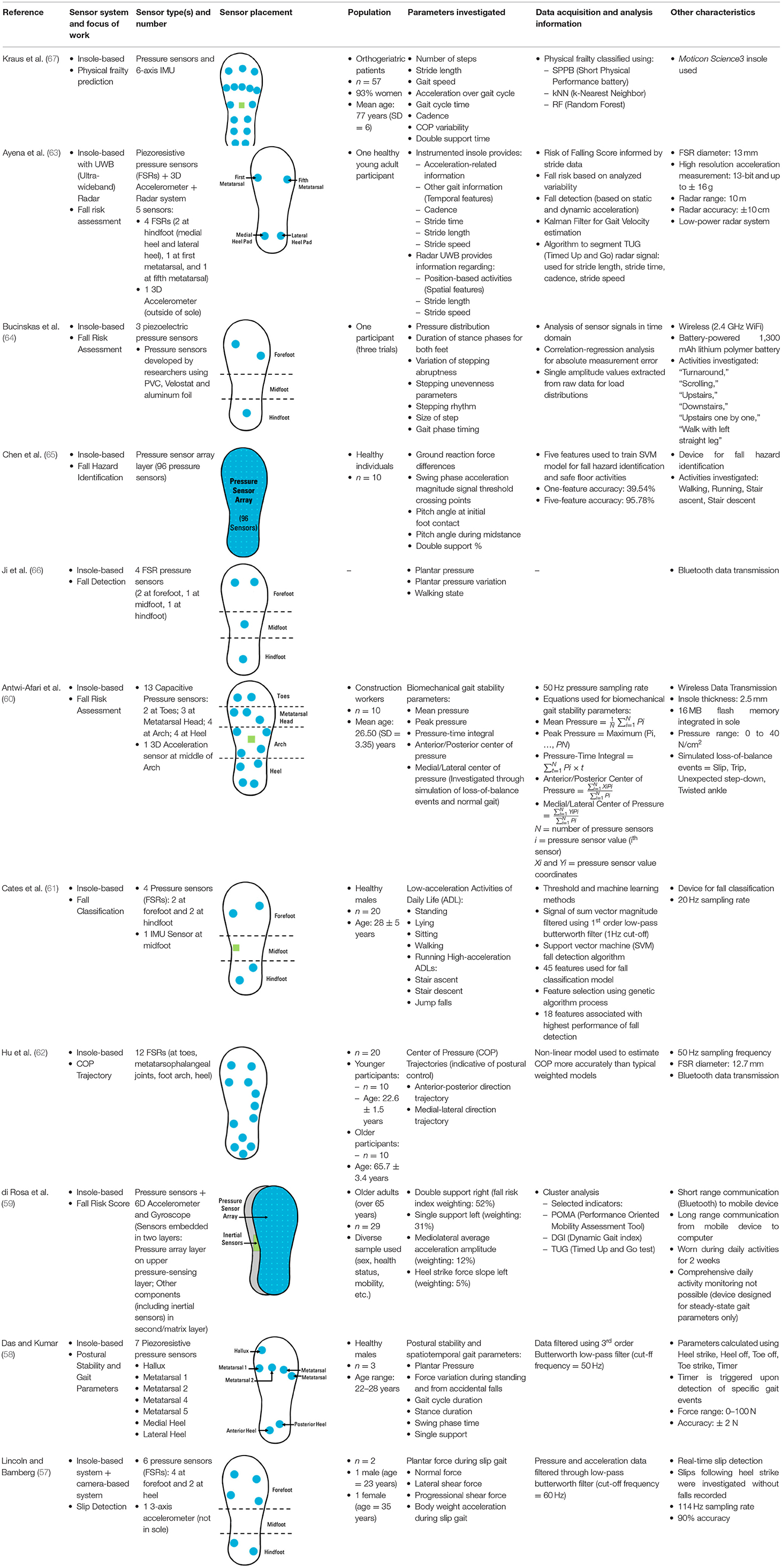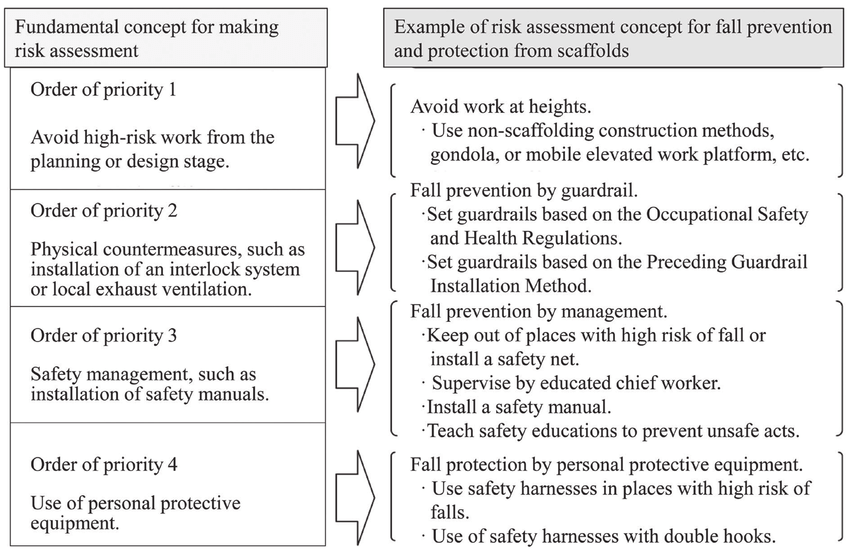Not known Facts About Dementia Fall Risk
Not known Facts About Dementia Fall Risk
Blog Article
The Best Guide To Dementia Fall Risk
Table of ContentsSome Known Incorrect Statements About Dementia Fall Risk The Main Principles Of Dementia Fall Risk Getting The Dementia Fall Risk To WorkA Biased View of Dementia Fall Risk
A fall risk assessment checks to see exactly how most likely it is that you will drop. The evaluation generally includes: This consists of a collection of questions about your total health and wellness and if you've had previous drops or troubles with balance, standing, and/or strolling.Treatments are recommendations that may lower your risk of falling. STEADI includes three actions: you for your danger of dropping for your threat factors that can be enhanced to attempt to protect against falls (for example, balance issues, impaired vision) to minimize your danger of falling by utilizing reliable approaches (for instance, giving education and resources), you may be asked several questions consisting of: Have you dropped in the previous year? Are you stressed regarding dropping?
Then you'll rest down again. Your supplier will certainly inspect exactly how lengthy it takes you to do this. If it takes you 12 secs or even more, it might suggest you go to greater threat for a loss. This examination checks toughness and equilibrium. You'll rest in a chair with your arms crossed over your upper body.
Move one foot midway onward, so the instep is touching the huge toe of your various other foot. Move one foot totally in front of the other, so the toes are touching the heel of your various other foot.
Getting The Dementia Fall Risk To Work
A lot of falls take place as an outcome of multiple adding aspects; therefore, handling the danger of falling starts with determining the factors that add to fall danger - Dementia Fall Risk. A few of one of the most pertinent risk factors consist of: Background of previous fallsChronic clinical conditionsAcute illnessImpaired stride and balance, reduced extremity weaknessCognitive impairmentChanges in visionCertain high-risk medicines and polypharmacyEnvironmental factors can likewise boost the danger for drops, including: Insufficient lightingUneven or damaged flooringWet or slippery floorsMissing or harmed handrails and get hold of barsDamaged or improperly fitted equipment, such as beds, wheelchairs, or walkersImproper use of assistive devicesInadequate guidance of the people residing in the NF, including those that show hostile behaviorsA effective fall danger monitoring program requires a complete professional analysis, with input from all participants of the interdisciplinary team

The treatment strategy ought to also include interventions that are system-based, such as those that promote a safe environment (ideal illumination, handrails, order bars, and so on). The performance of the treatments should be evaluated regularly, and the treatment plan changed as required to show modifications in the fall threat assessment. Executing an autumn threat management system making use of evidence-based best technique can reduce the frequency of falls in the NF, while limiting the capacity for fall-related injuries.
More About Dementia Fall Risk
The AGS/BGS guideline recommends evaluating all adults matured 65 years and older for loss threat every year. This testing consists of asking individuals whether they have dropped 2 or more times in the past year or looked for medical focus for a fall, or, if they have actually not fallen, whether they really feel unstable when walking.
People that have actually fallen as soon my explanation as without injury must have their balance and stride assessed; those with stride or equilibrium problems ought to get additional analysis. A history of 1 fall without injury and without stride or equilibrium problems does not necessitate more analysis past continued yearly fall threat testing. Dementia Fall Risk. An autumn risk evaluation is called for as component of the Welcome to Medicare exam

4 Simple Techniques For Dementia Fall Risk
Recording a helpful resources falls background is one of the top quality signs for loss prevention and management. copyright medicines in specific are independent predictors of falls.
Postural hypotension can usually be reduced by decreasing the dosage of blood pressurelowering drugs and/or quiting drugs that have orthostatic hypotension as a negative effects. Usage of above-the-knee support hose pipe and copulating the head of the bed raised might likewise decrease postural decreases in blood pressure. The preferred elements of a fall-focused health examination are revealed in Box 1.

A Yank time higher than or equal to 12 seconds suggests high fall danger. Being not able to stand up from a chair of knee height without using one's arms suggests raised autumn risk.
Report this page